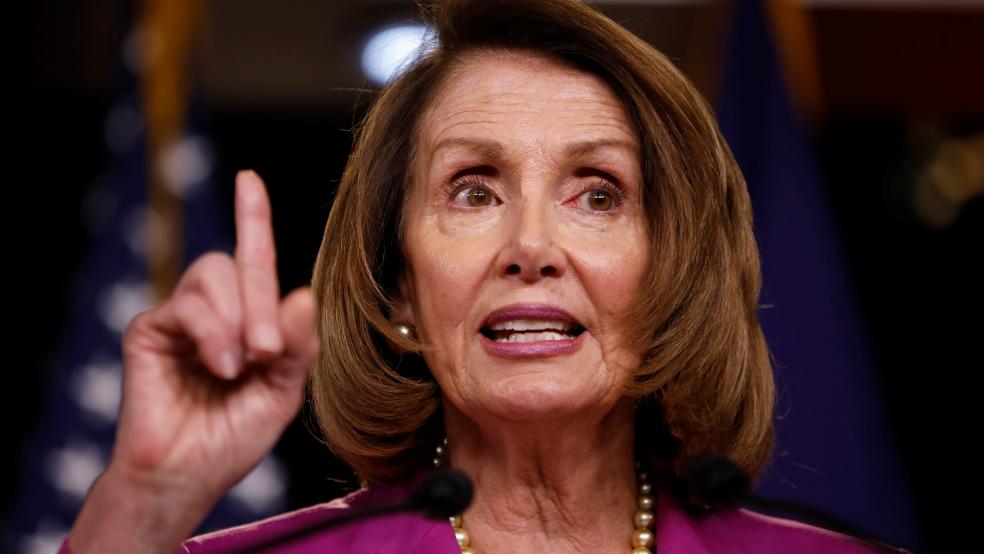Don’t expect major changes to the tax code if Democrats win control of the House in the midterm elections next week, says The Wall Street Journal’s tax expert, Richard Rubin. “The parties are too far apart on core tax-policy principles to enact sweeping legislation in a divided government,” Rubin writes, so it’s highly unlikely the Tax Cuts and Jobs Act will face a repeal effort.
But there could be changes at the margins, and tax policy will remain an important political issue in 2019, Rubin says, especially when it comes to still-controversial topics like the state and local tax deduction. Some tax provisions that are set to expire in 2019, such as a family leave credit for employers, could drive Congress to pass some sort of tax legislation next year. And even if major changes are likely off the table, lawmakers will promote specific tax ideas as they stake out positions ahead of the presidential election in 2020.
Here are some of the tax issues Rubin says could get attention in the next Congress:
- Corporate tax rate: Senate Democrats have floated the idea of raising the top corporate rate above the current 21 percent in order to pay for new spending. For example, the added revenue produced by a 25 percent rate could be used to offset the costs of a bipartisan deal on infrastructure.
- Individual tax cuts: The individual tax cuts in the GOP’s 2017 law are set to expire after 2025, and lawmakers from both parties are likely to pitch their proposals for what to do about it well ahead of expiration. President Trump’s theoretical 10 percent tax cut for the middle class will also likely be in the mix.
- State and local tax (SALT) deduction: The new $10,000 cap on state and local tax deductions remains controversial in blue states like New York and California, and Democrats are expected to push to repeal or increase it, even if the benefits of such a change largely go to higher-income residents.
- Estate tax exemption: Democrats have signaled they want to roll back the doubling of the exemption passed by Republicans. Trump, however, has said he wants to eliminate the estate tax entirely.
- Expiring provisions: Tax rules set to expire at the end of 2019 — including deductions for medical expenses, tax breaks for alcohol producers and the family leave tax credit — will likely be addressed.
- Mistakes and glitches: Republicans need to fix errors in the new tax law, such as the “grain glitch” that gives some farming businesses an unintended tax advantage (more on that from the Tax Foundation here). But they’ll need Democratic help to get it done, which could provide the next Congress with an opportunity to create new, bipartisan tax legislation.




